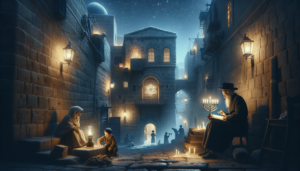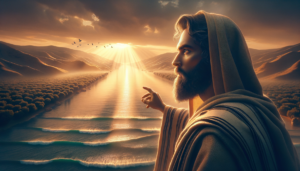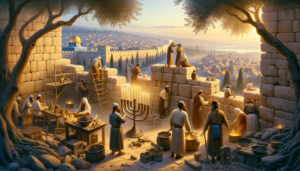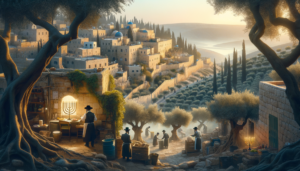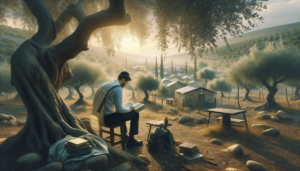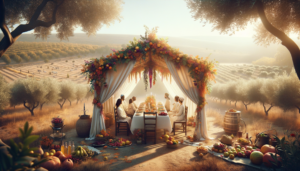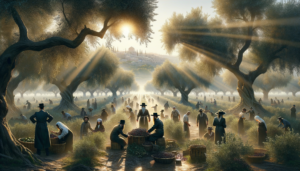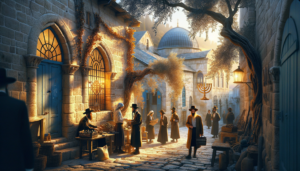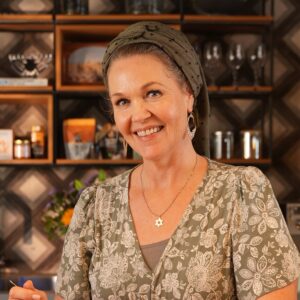Exploring the Lives and Legacy of Chaldeans Today
Who Are the Chaldeans? The Chaldeans trace their roots to ancient Mesopotamia, particularly the southern regions near the Euphrates River. Historically, they were known for their contributions to astronomy, mathematics, and literature. In biblical times, the term ‘Chaldean’ often referred to a class of scholars and astrologers in Babylon. Over time, the identity of the Chaldeans evolved, especially as they encountered various empires and religious influences. Today, the term ‘Chaldean’ often refers to members of a distinct ethnic group originating from Iraq, many of whom are part of the Chaldean Catholic Church. However, their cultural identity extends beyond religion, encompassing...


